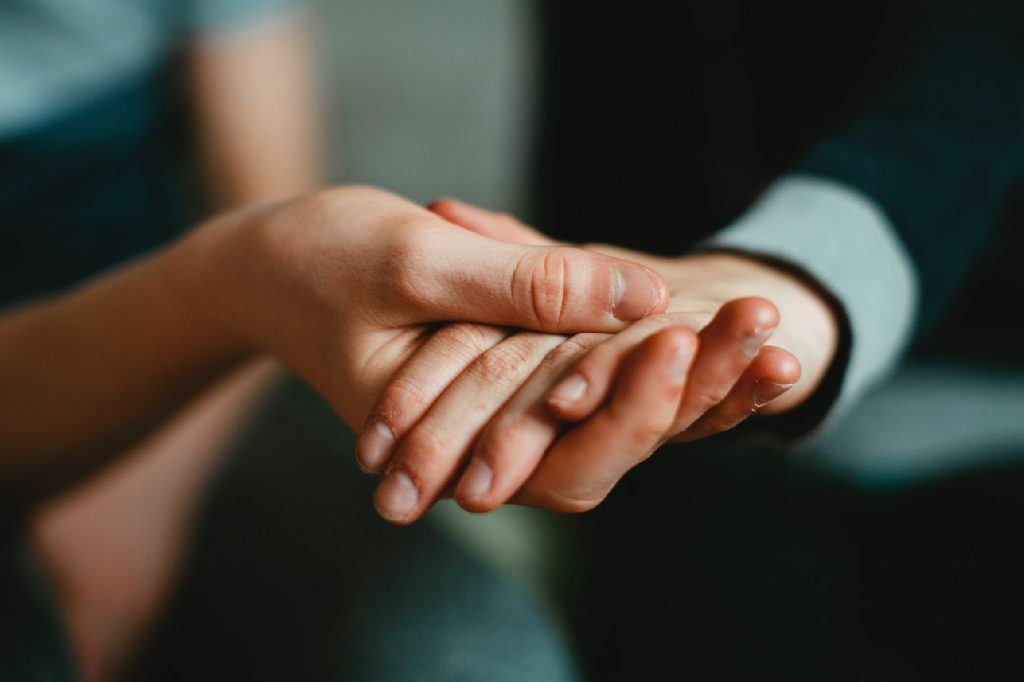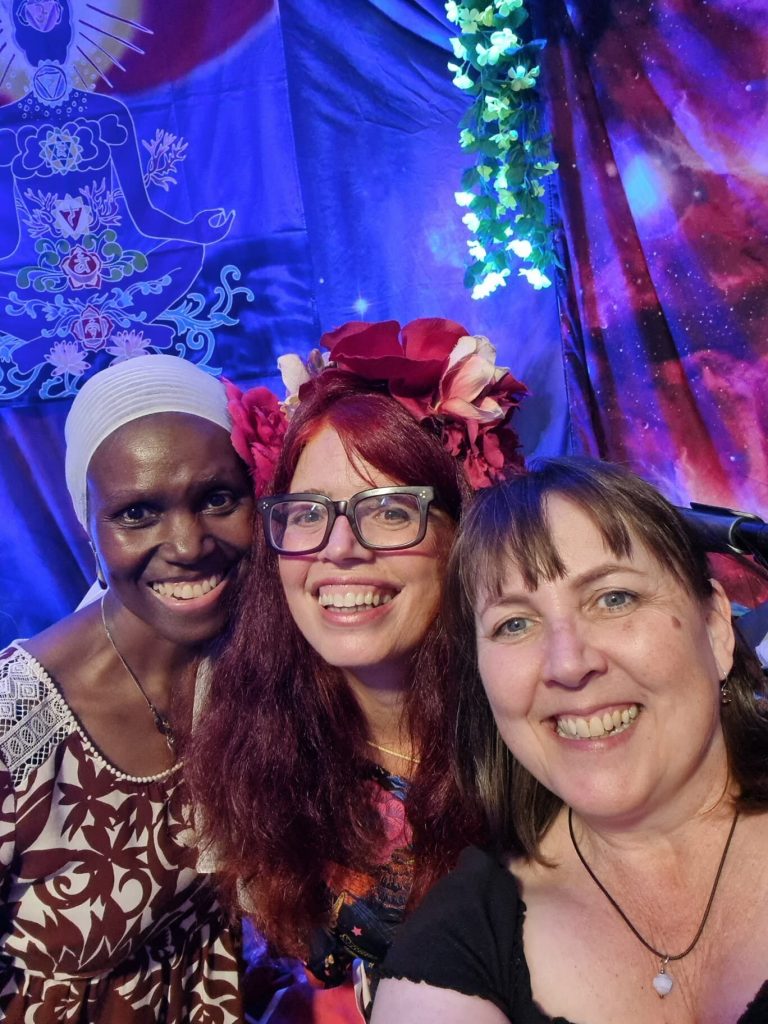Kindness is a simple act that can bring warmth and positivity into our lives, building bridges and creating connections. But have you ever wondered about the science behind kindness? What makes us feel good when we perform kind acts, and why does kindness seem to be an inherent part of human nature?
Enter oxytocin, often referred to as the “love hormone” or “bonding hormone.”
Oxytocin is a hormone produced in the hypothalamus, a small region at the base of the brain. It is then released by the pituitary gland into the bloodstream. While oxytocin has been primarily associated with childbirth (bringing on contractions in the uterus) and breastfeeding, research over the past few decades has discovered its part in a whole range of social behaviours, including bonding, trust, and, yes, kindness.
Kindness doesn’t just benefit the receiver. The giver also receives a whole range of benefits. Being kind literally changes your brain!
Imagine a scenario where you perform a random act of kindness, such as holding the door open for a stranger or buying coffee for the person behind you in line. In these moments, oxytocin is often released in your brain. This release of oxytocin triggers a cascade of neurochemical reactions that contribute to the warm, fuzzy feeling you get when doing something kind for someone.
There are all sorts of physical health benefits of oxytocin, including anti-inflammatory effects, cardiovascular health, wound healing and tissue repair, pain relief and boosting of the immune system.
Oxytocin also strengthens social bonds. When you are kind to someone, not only do you feel a connection with them, but your brain also releases oxytocin, reinforcing the emotional bond between you and the person you’ve helped.
Kindness has the power to reduce stress and anxiety. Oxytocin acts as a natural stress-reliever by dampening the activity of the amygdala, the part of the brain associated with the “fight or flight” response. This is why acts of kindness often have a calming effect.
Oxytocin also increases empathy, making you more attuned to the feelings and needs of others. This increased empathy can, in turn, motivate further acts of kindness, creating a positive feedback loop.
Oxytocin contributes to feelings of happiness and well-being. So kindness is really a win-win for both the giver and the recipient! Practising kindness can have far-reaching effects on our lives and the lives of those around us.
What small acts of kindness can you do today? This could be giving a stranger a compliment, giving someone a ‘just because’ gift, being an active listener for a friend, doing the dishes, or letting a loved one know what you appreciate about them. For more ideas, check out the Random Act of Kindness Foundation.
Here is a script called ‘The Visit’ that you can follow if you would like to practise deep listening with a friend or partner.
Let’s create a kinder and more compassionate world.






